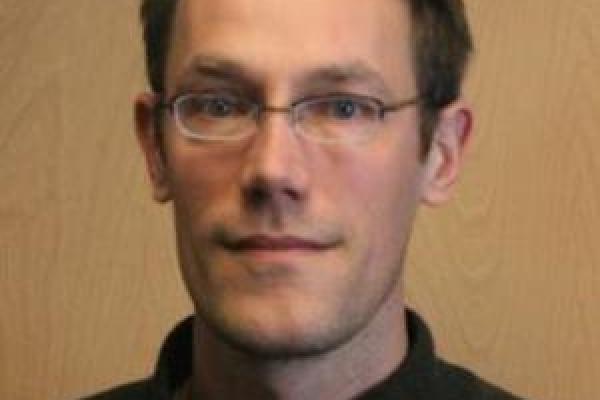IPR Faculty Affiliate Mark Moritz awarded NSF EAGER grant

Mark Moritz, IPR faculty affiliate and Associate Professor of Anthropology, received a National Science Foundation EAGER (Early Concept Grants for Exploratory Research) grant for “Modeling Coupled Herd and Household Dynamics in Pastoral Systems.” http://www.nsf.gov/awardsearch/showAward?AWD_ID=1546061 The project will focus on developing an agent-based model to examine the impact of the domestic cycle of households on the demography of family herds, and ultimately on regional livestock populations.
Abstract
Anthropologists use the term "pastoralism" to refer to economies that depend on raising livestock. Pastoralism has long been viewed as a good strategy for people who live in less productive environments with few natural resources. However, even pastoralists have to be concerned about balancing the number of animals they keep with the pasture available to feed them and the labor available to care for them. Indeed, population models show that livestock populations have the potential to grow exponentially and oustrip the carrying capacity of their environments. But empirical evidence indicates otherwise: in the real world, pastoral livestock populations are relatively stable. The question then is how is this balance achieved? Until now the most popular explanation has been that droughts, diseases, and other disasters keep livestock populations in check. But the research supported by this award will test an alternative explanation: demographic dynamics -- the natural expansion and contraction of family sizes over time -- operating at the herd and household level may constrain the growth of livestock populations regionally. If this is indeed the case, as this interdisciplinary research team proposes, then it has implications for development interventions in pastoral societies. Improving veterinary health and reducing drought vulnerability would then improve the lives of pastoralists without necessarily threatening the natural resource base.
The research team will develop an agent-based model to examine the impact of the domestic cycle of households on the demography of family herds and ultimately on regional livestock populations. Empirical data from previous studies will be used to parameterize the agent-based model. The model will simulate the domestic cycle of an initial population of 100 households and the demographic processes of their family herds for 250 years (or 10 generations). The simulations will allow the researchers to examine how the domestic cycle affects herd demography by examining the impact of changes in age of first marriage, increase in the number of sons, or increase in polygyny rates. In addition, the simulations will be used to examine how sensitive the growth of regional livestock populations is to changes in the herd-size threshold, i.e., whether a lower threshold leads to stronger growth of livestock populations at the regional level. Findings from this research will provide insight into livestock population dynamics in pastoral societies, in particular the question of why these populations do not seem to increase in the absence of major disasters like droughts and diseases.
